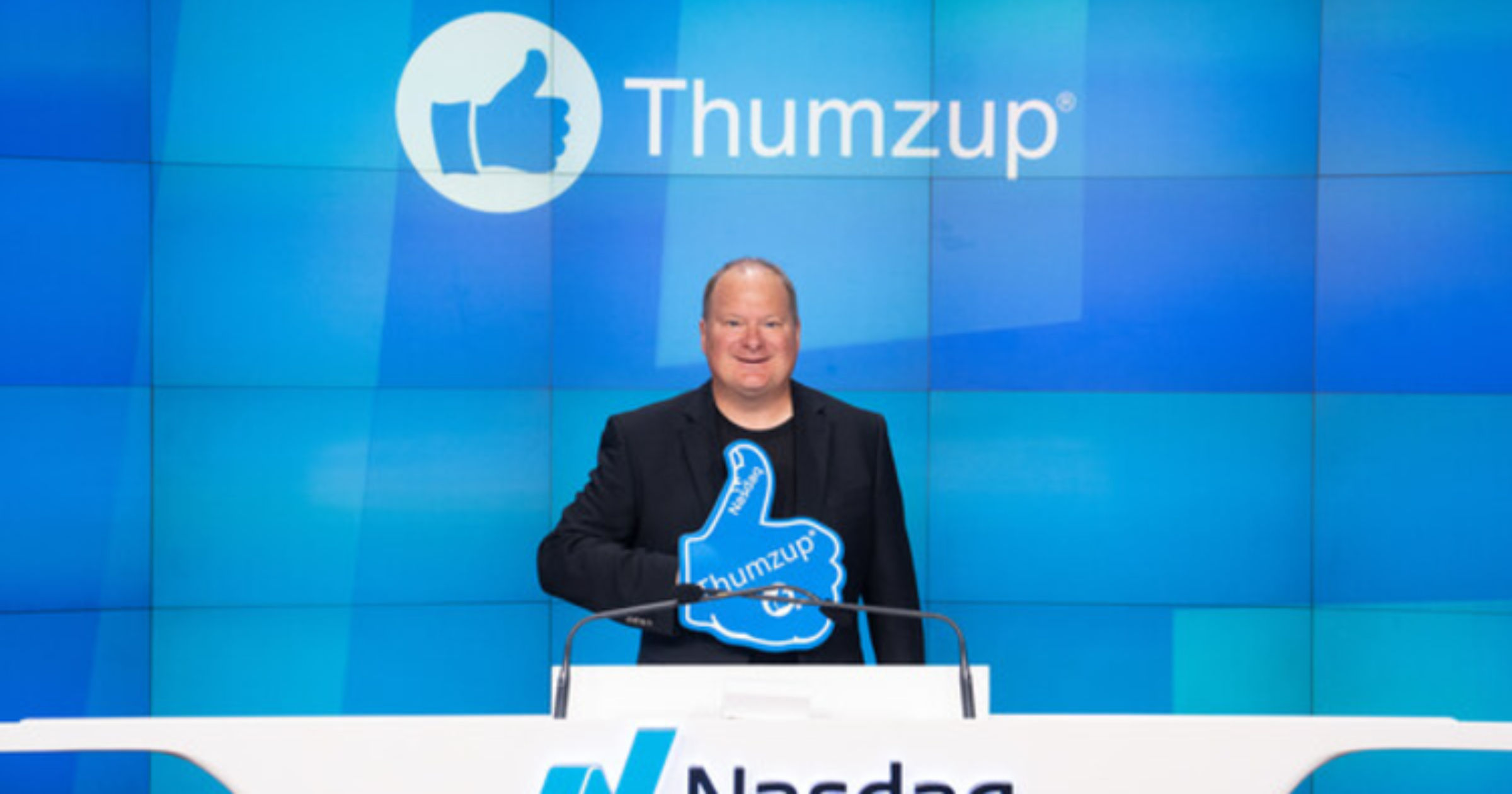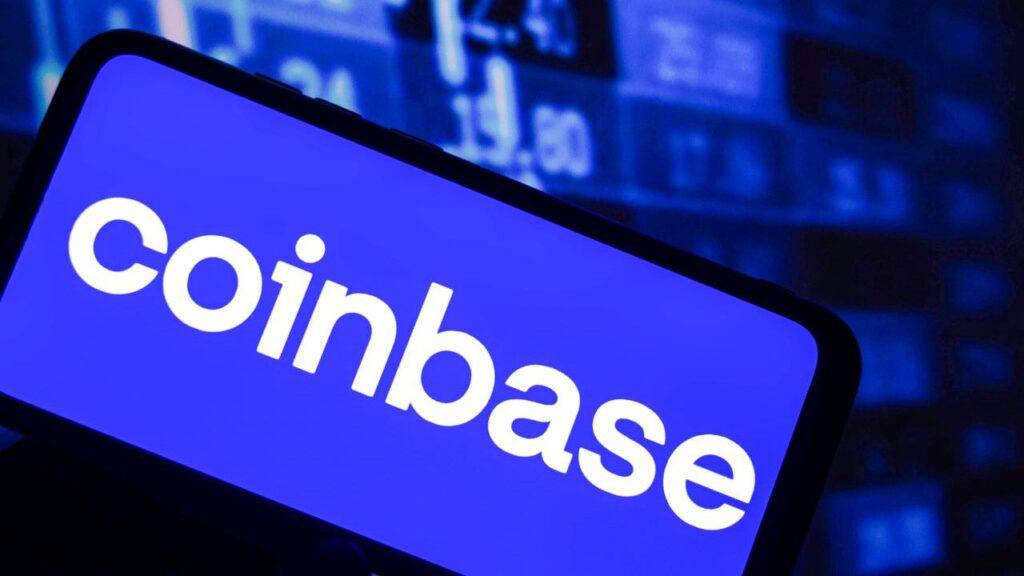Japan’s Financial Services Agency (FSA) is preparing to require cryptocurrency exchanges to maintain dedicated liability reserves to compensate users for losses resulting from security breaches, hacking incidents, or operational failures.
This initiative responds to a series of high-profile crypto exchange hacks in Japan and aims to restore faith among retail investors by aligning the sector’s safeguards with those required in traditional financial markets.
FSA Prepares New Reserve Mandate for Crypto Exchanges
The FSA will propose new legislation to parliament in 2026, obligating all licensed crypto exchanges to set aside substantial reserves, potentially ranging from ¥2 billion to ¥40 billion (about $12.7 million to $255 million), determined by trading volume and platform size.
Under the current legal regime, platforms can avoid such reserves simply by using cold wallet storage. The new framework will eliminate this exemption and create uniform requirements for safeguarding customer funds, including procedures that allow independent administrators to return assets to users if an exchange becomes insolvent or loses operational control.
READ MORE: Zcash Price Falls 10% as Analysts Track Breakdown Risk
Additionally, the proposal would allow exchanges to offset some of their reserve requirement through insurance coverage, making it easier for smaller firms to comply. This hybrid approach aims to prevent the drawn-out customer restitution processes seen after the Mt. Gox collapse and the 2024 DMM Bitcoin breach, incidents that still affect the market and recovery timelines today.
Resolving Recurring Security Incidents and Investor Protection
Major hacks have repeatedly shaken Japan’s crypto sector, notably the $305 million theft at DMM Bitcoin, attributed to North Korea-linked hackers, and a $21 million breach at BI Crypto as recently as October 2025.
The FSA’s new proposal incorporates rules requiring notification of any third-party software providers handling wallet infrastructure, closing regulatory gaps that have allowed high-impact thefts.
The introduction of liability reserves mirrors protections used by major brokerages and is expected to foster full segregation of client assets from company funds. The legislation will also formalize bankruptcy asset-return protocols, empowering court-appointed attorneys or administrators to control customer repayments in the event of exchange failure.
According to the FSA and analysts like Musheer Ahmed of Finstep Asia, insurance-like reserves for crypto exchanges will boost market confidence and help maintain Japan’s standing as a mature, investor-friendly digital asset hub.
READ MORE: XRP Price Prediction: Will it Rise or Fall After New ETF Launches?












